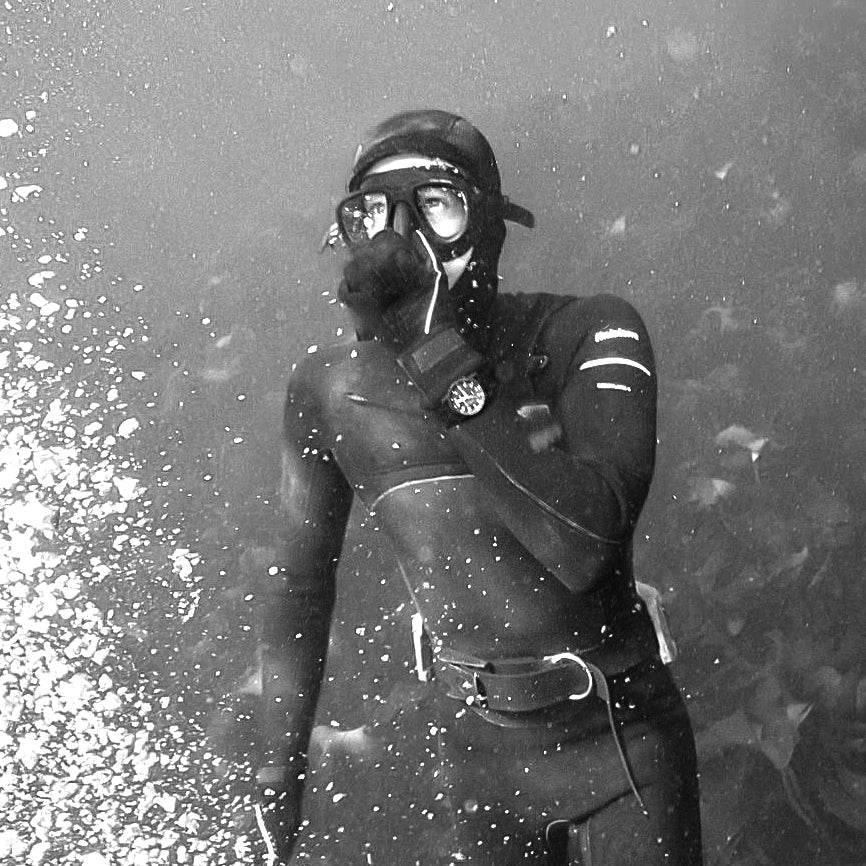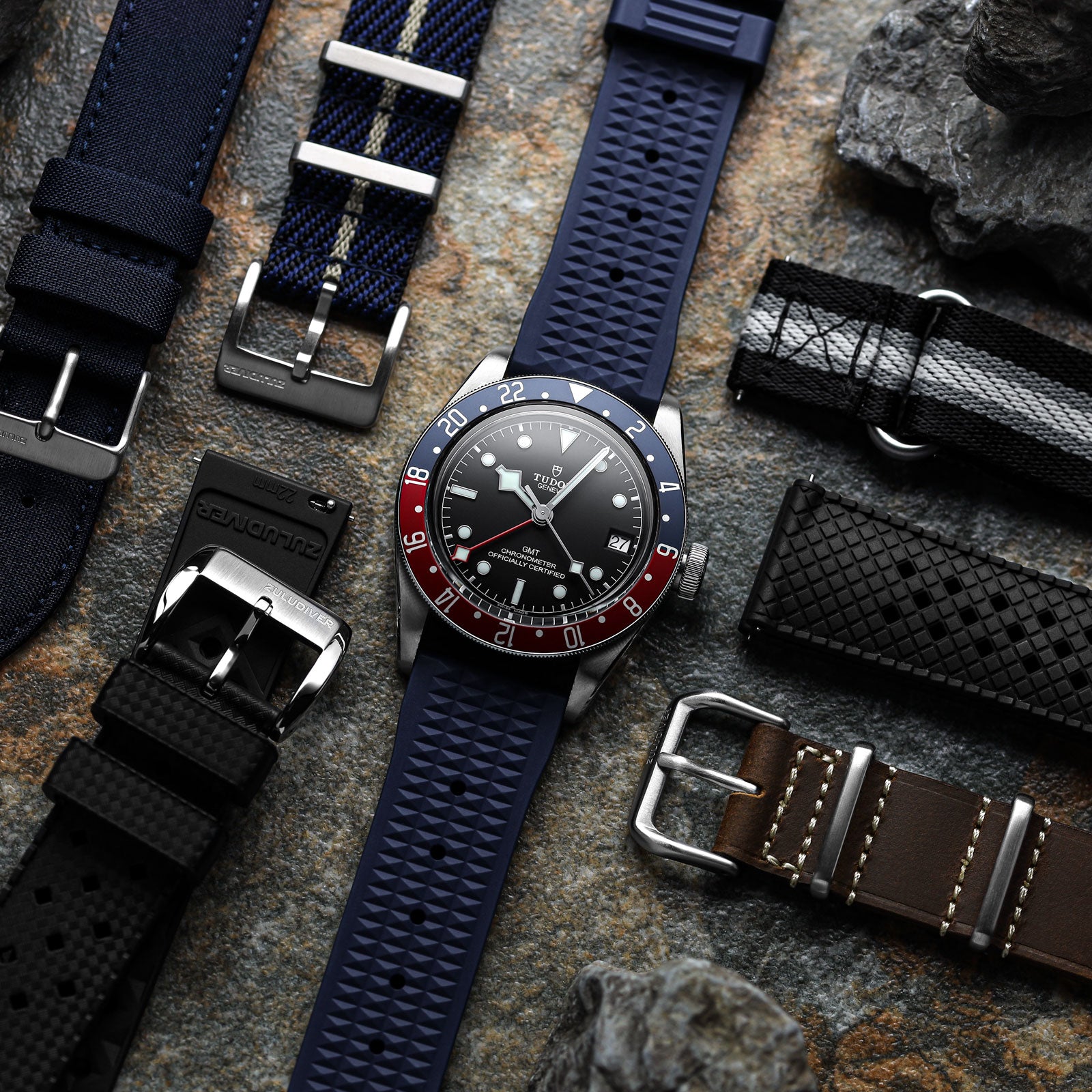Your Cart is Empty
ONLINE SINCE 2010 - OVER 1 MILLION STRAPS SOLD
ONLINE SINCE 2010 - OVER 1 MILLION STRAPS SOLD

Life beneath the surface: Freediving in the UK

Categories
May 19, 2021
For me, growing up inland in the UK meant the sea was only accessible on holidays or long day trips, but I've always been drawn to the water. Since moving to the coast 10 years ago and training as a marine biologist I've taken up and honed my skills in many water-based activities that help me both in my job and my adventures outside of work. Freediving is a favourite; a single breath dive with no scuba equipment that makes a whole new world of ocean life accessible. It can be seen as a sort of extreme snorkelling, but freedivers often feel that it is their understanding of the water and their own bodies that allow them to completely relax during dives and stay under for longer.

Tapping into the body's evolutionary adaptation to water, the mammalian dive reflex, allows the best freedivers to achieve breath-holds of over 10 minutes and dive hundreds of metres below the surface. This phenomenon occurs when your face is immersed in cool water. If you're relaxed in the water, your heart rate slows and blood is concentrated on the vital organs to conserve oxygen. Recreational freediving doesn't have to be this extreme however and a breath-hold of a minute or so whilst diving will allow you a close-up encounter with some of the incredible marine life found around our coasts.

Freediving is easily accessible from the shore, swimming from a beach or rocks, but once you've completed a basic course some dive groups will use boats to get to more inaccessible locations. Here in Cornwall, the calm waters of the south coast are often best and can sometimes offer underwater visibility of over 15 metres! The UK isn't that well known for its marine life, but in clear waters just a few metres deep you can find kelp forests teeming with life such as spider crabs, lobsters and a multitude of fish species.

If you're passionate about sustainability and enjoy seafood then spearfishing is a great adaptation to freediving that allows you to hunt for your own food. Stalking fish with a spear gun requires a deep knowledge of the habitat and species you're targeting. Bass, pollock, plaice and lobster are great food species that can be found in shallow waters around our coast. Each is found in subtly different habitats and are more or less abundant at different times of the year, but be sure to abide by recreational fishing bylaws that dictate how many of each species you can legally catch. This form of freediving requires more experience, but being able to harvest your own wild-caught food is a great goal to work towards even for those just starting.

Top tips for getting into freediving
• Go snorkelling. The UK has some incredible snorkelling locations. Forget coral reefs, some of the cold water reefs in our shallow waters boast kelp forests and seagrass beds and during the summer months, clear water can make for a great experience with a wetsuit and snorkel.
• Take a friend and check the conditions. It's always best to dive with a buddy and let someone know where you're going and what time you'll be back. The sea can be an unpredictable place and if you're pushing your breath hold to the limit and things go wrong, you'll be grateful to have had someone watching your back! Diving in calm conditions will not only make it easier to relax, but it will also mean the underwater visibility is likely to be better.
• Get the gear. A good quality snorkel and freediving fins will make moving through the water much easier, a dive watch enables you to track your breath-holds and recovery time at the surface between dives.
• Find a freediving club. There are various freediving and spearfishing clubs dotted around the UK. This is one of the best ways to get introduced to the sport, meet like-minded people and learn all the safety information you need. Expert knowledge passed on from experienced divers will also help you maximise your breath-hold.
• Complete a course with a freediving organisation. 'Aida' courses are a great way to test your skills and prove your freediving ability. Start with an 'Aida 1' and work your way up!

About the Author: Chris Weston
About the Author: Chris Weston
Chris Weston is a writer and surfer based in the South West of England. He has a passion for adventure and a love for the ocean, and often combines the two by seeking out remote surf spots in his home region and beyond. Weston's writing focuses on the surfing lifestyle, environmental issues, and the challenges faced by surfers in today's changing world. Chris is also an experienced surfer, and spends much of his free time chasing waves along the Cornish coastline.
More Articles by Chris Weston





